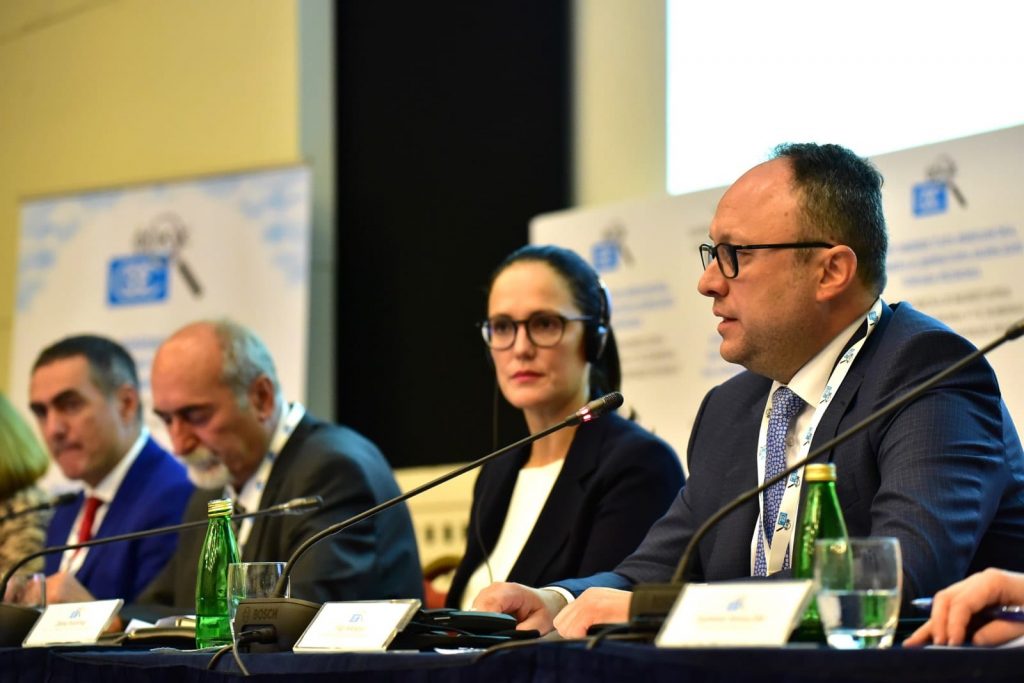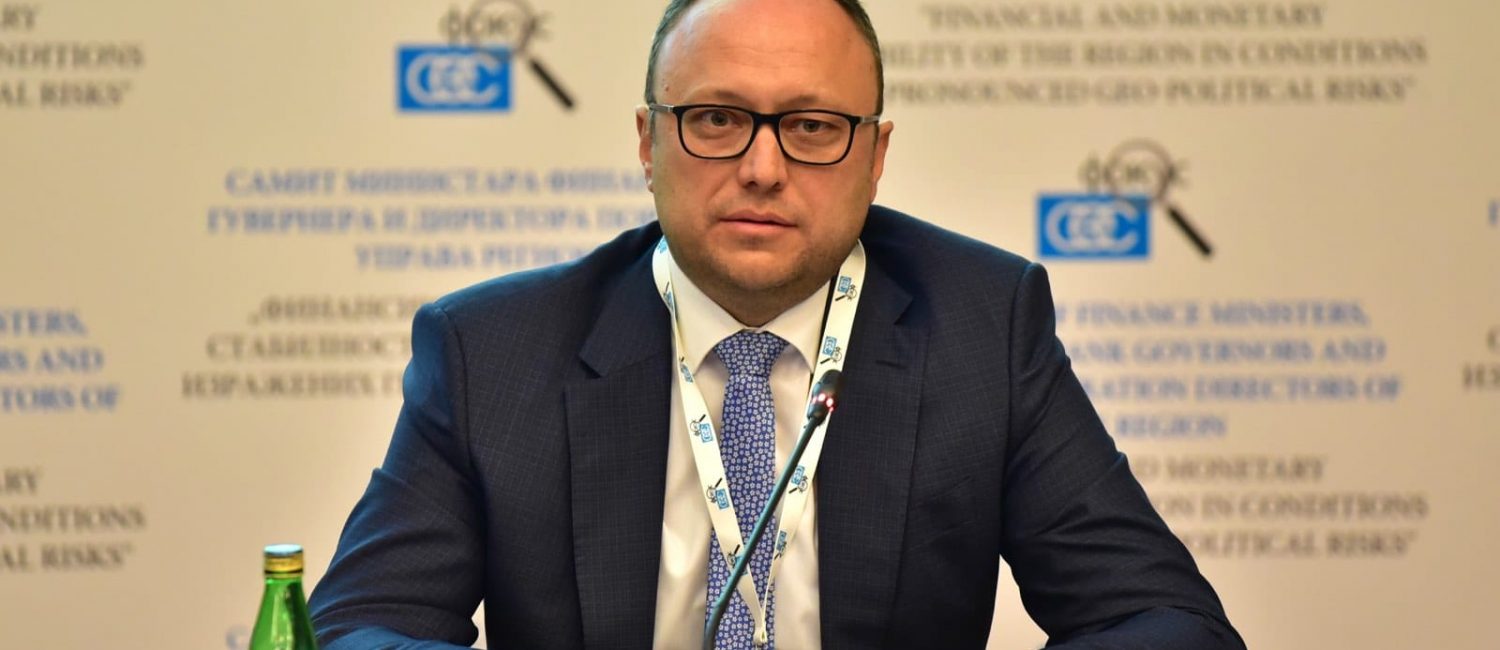The 2023 Budget will be geared towards managing the energy crisis and creating policies, which will provide for making our economy sustainable, modern and stronger than before. Thereby, pursuing prudent domestic polices and seeking the most convenient conditions for financing the needs of the state is particularly important. Focus will be also placed on the informal economy amidst the new circumstances posed by the global crisis. This was pointed by Deputy Minister of Finance, Filip Nikoloski, at the panel discussion within Summit of Finance Ministers, Governors of Central Banks and Directors of Tax Administrations, taking place in Montenegro, organized by the Serbian Association of Economists. This year’s Summit has been held for the ninth time under the title “Financial and Monetary Stability of the Region in Conditions of Pronounced Geopolitical Risks”.
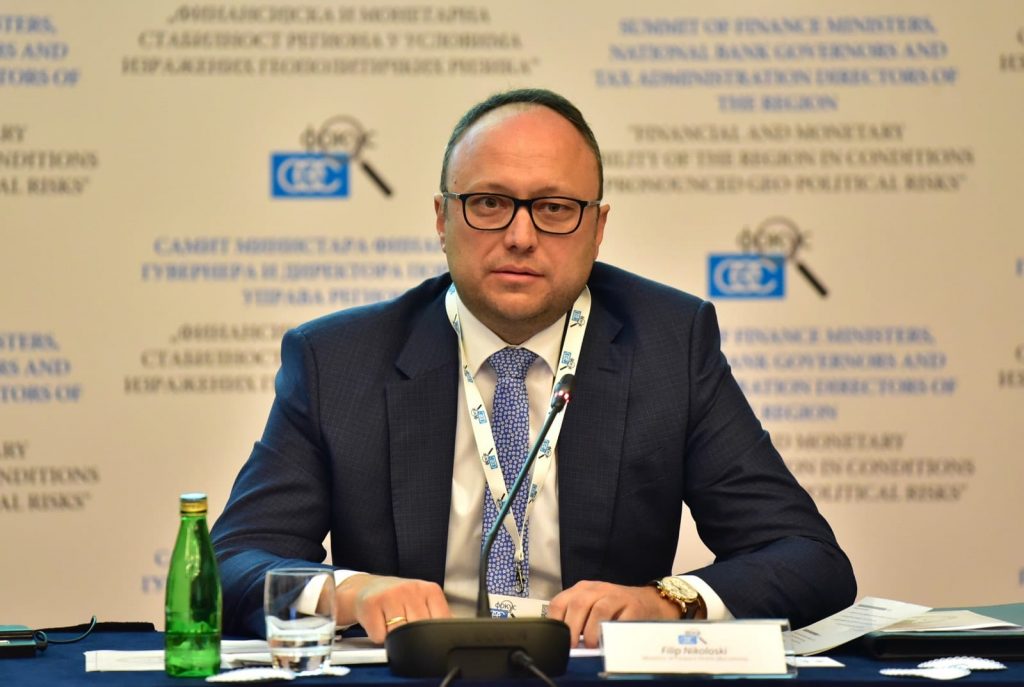
“Under the next year’s Budget, funds will be provided for coping with the energy crisis, capital investments, which will boost the economic growth, as well as agricultural subsidies, all to the end of encouraging domestic production and generating the expected positive effect on the food prices. Budget deficit will be lower than this year’s, while at the same time, as per the Organic Budget Law, a Fiscal Council will be established, which should provide for independent and professional analyzes and views on macroeconomic and fiscal assumptions, the Fiscal Strategy, the Budget, as well as the fiscal risks.” Nikoloski pointed out at the panel discussion “Public Finance Stability in Uncertain Times”.
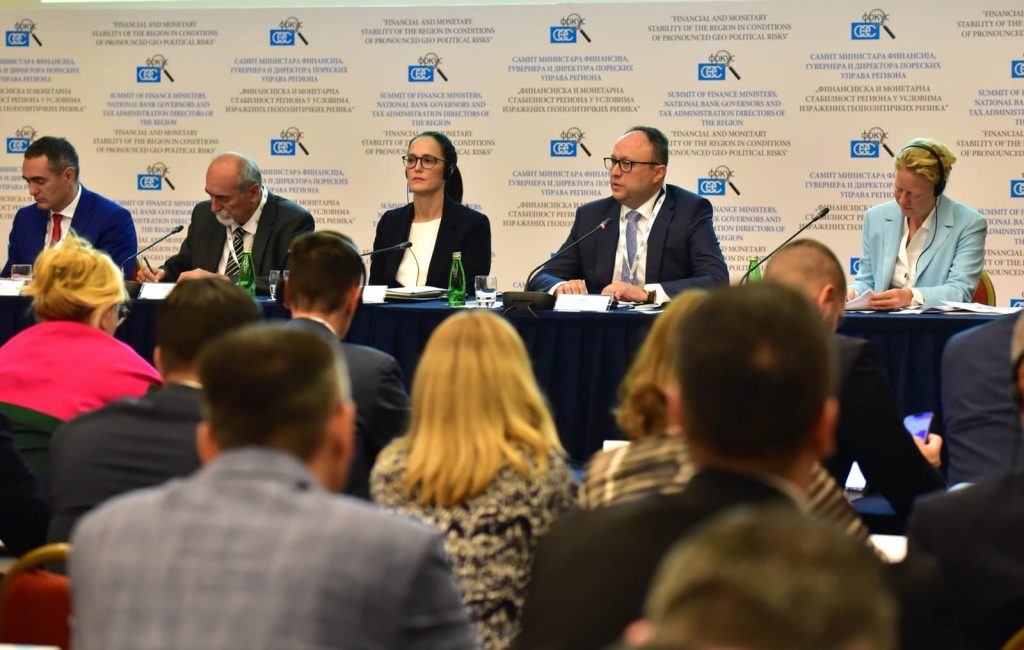
As regards the budget deficit financing amidst higher interest of the financial instruments worldwide. Nikoloski stressed that prudent domestic policies are pursued, while seeking the most convenient conditions for financing the needs of the state. Thereby, Decision was adopted, pertaining to the issuance of registered notes on the German marker, know as NSV, amounting to EUR 250 million, with 3.75% interest rate plus 6-month EURIBOR, 3-year repayment period and 18-month grace period.
“As for this instrument, the costs under which the state borrows, are lower than the ones, which would have been achieved in case of a potential issuance of new Eurobond, whereby this interest, given its interest rate and maturity deadline, is the best option as regards the public debt portfolio. This instrument is issued by reputable clients with a solid investment credit rating, with the notes being purchased by German investors”, Nikoloski pointed out, thereby adding that in order to finance the projected budget deficit by the end of the year, funds are planned to be provided from the domestic market and the IMF, and as per the 2022 Supplementary Budget.
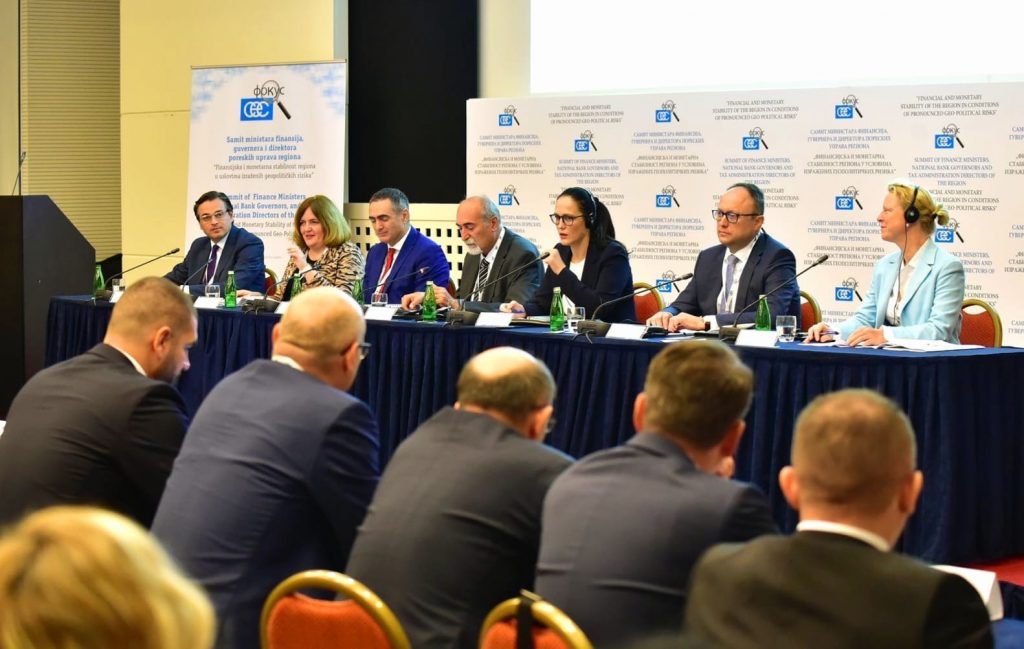
Public-finance topics covered at the panel discussion were, in addition to the Deputy Minister of Finance, discussed by the Ministers of Finance of Montenegro, Aleksandar Damjanović and Albania, Delina Ibrahimaj, as well as Deputy Minister of Finance of Bosnia and Herzegovina, Mirjana Vucic, and IMF Resident Representative to the Regional Office for the Western Balkans, Stephanie Eble.
